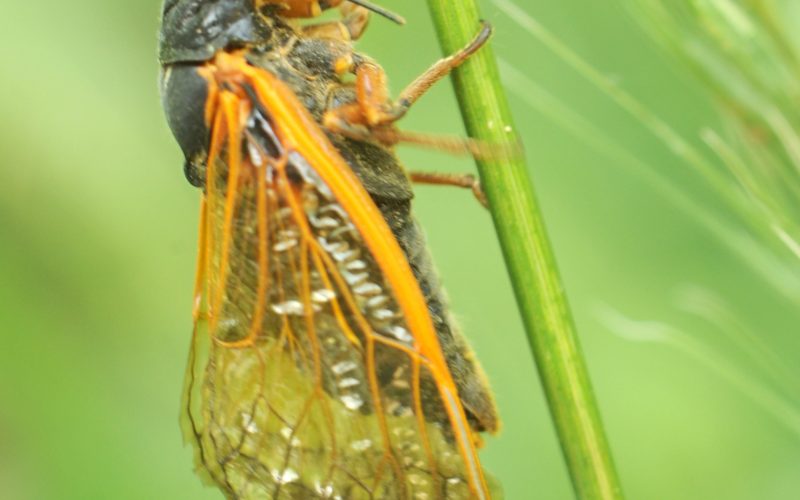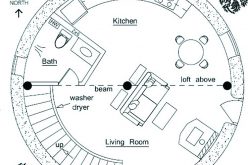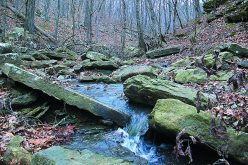Nature provides free concerts to those willing to hear
AMANDA BANCROFT
Making Ripples

NWADG DEMOCRAT-GAZETTE/ANDY SHUPE
A cicada hangs from a grass flower Wednesday, June 1, 2011, in Fayetteville. Cicadas can be heard as a loud humming as the 13-year cicada have begun to emerge in the area. Also called the 13-year locust, these periodic cicadas join the species of cicada that we see every year at this time. The call of the male, which is used to attract a mate, can become quite loud where there are large numbers of the insects.
Summer concert season is well under way, and our area offers quite a lot of great, free entertainment like the Gulley Park Concert Series, Botanical Garden events and of course, the big-time ticketed tours at the Walmart Arkansas Music Pavilion. But don’t forget to take some time to listen to nature’s own summer night symphonies and to ensure that your yard or neighborhood is as friendly to these musicians as possible.
Crickets have three “acts” to their play: a fighting trill when males battle, a calling song to attract a mate and a faster courtship song with their mates. Most males create these sounds using stridulation, which in oversimplified terms means a male is rubbing together his specially adapted forewings. Different species of crickets make different sounds, like a musician’s recognizable style.
Cicadas are nature’s rock concert, and they perform at full volume. Unlike crickets, their singing isn’t created by stridulation. Instead, the males have a special structure of their exoskeleton called a tymbal. By contracting certain muscles rapidly, the tymbal can create continuous notes echoed in the male’s mostly hollow abdomen. It can also amplify the music based on other parts of its anatomy and by varying positions. Males disable their sound-detecting tympana (equivalent to an ear) so they don’t deafen themselves. For humans, some cicadas are loud enough to cause permanent hearing loss if a cicada sang right outside a listener’s ear!
Fireflies provide the light show once dusk settles, and if you watch closely, it can be a deeply moving experience. Each species has its own blinking and movement patterns, so see how many you can count with Firefly Watch. Owls like the Great Horned and Barred are a hoot to hear. We have several owl species in the area, and they are mostly easy to identify by their calls.
Luckily, it’s easier to keep these concerts going than it is to impede their performance, requiring less effort on your part — unless you’d like to remove your yard’s invasive, nonnative plants and replace them with natives, which would be awesome! It would be interesting to see how your concert changed over the years as the habitat shifted to a mostly native one.
Bring the popcorn, but leave the herbicides and pesticides alone. Or at least minimize your use of them as much as possible, because nature’s orchestra can’t play at its best if there is poison on the stage. You can provide a free artist apartment in the form of a brush pile and a no-mow wildflower and native grass area of the yard to improve things, too, because this creates better habitat. Nature is ready and willing to offer us all kinds of hoots and chirps and trills, all we need to do is let the wild into our lives and listen.
Amanda Bancroft is a writer, artist, and naturalist building an off-grid cottage for land conservation on Mt. Kessler. She and her husband Ryan blog about their adventures and offer a solar-hosted online educational center on how to make a difference with everyday choices at www.RipplesBlog.org.










